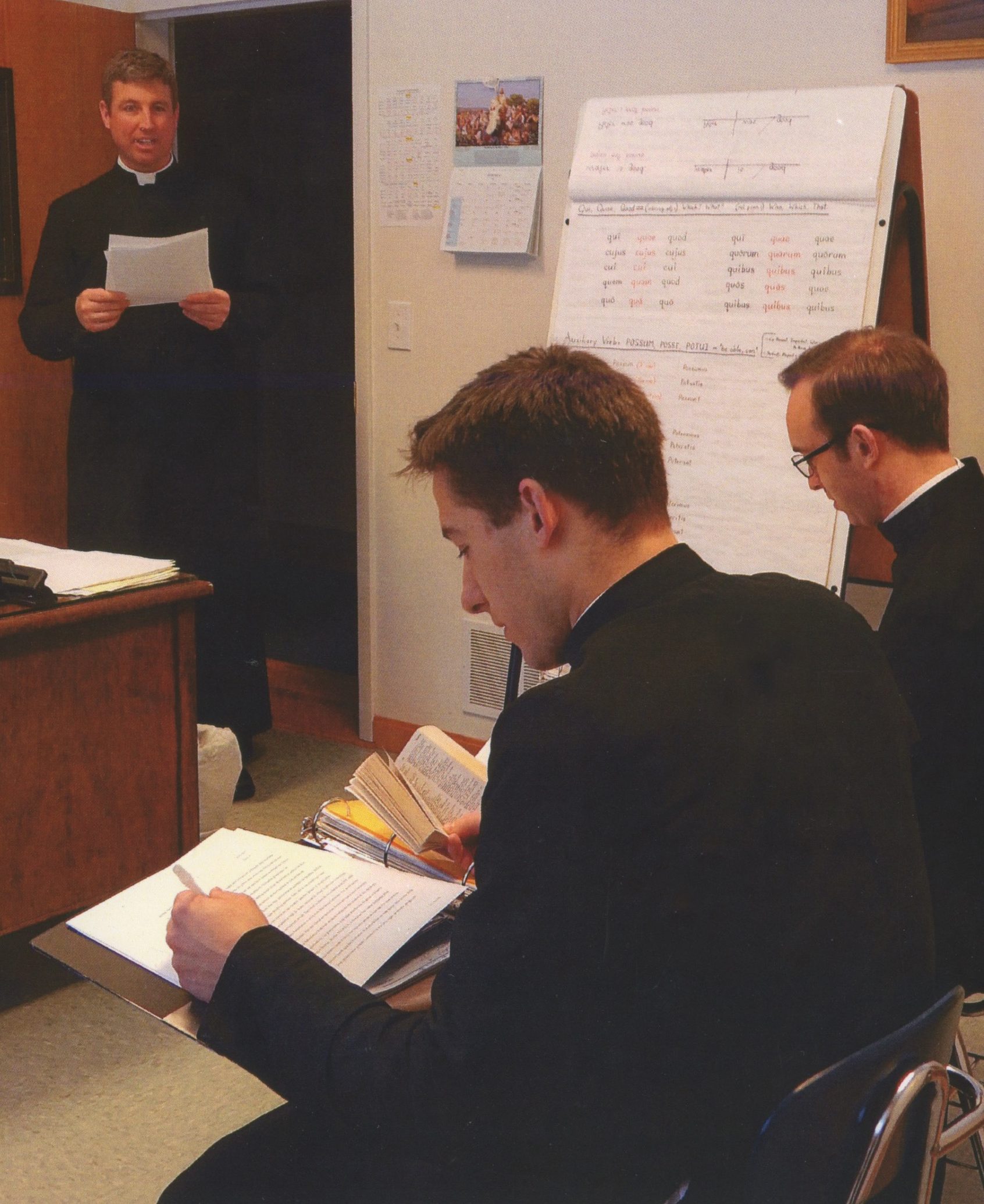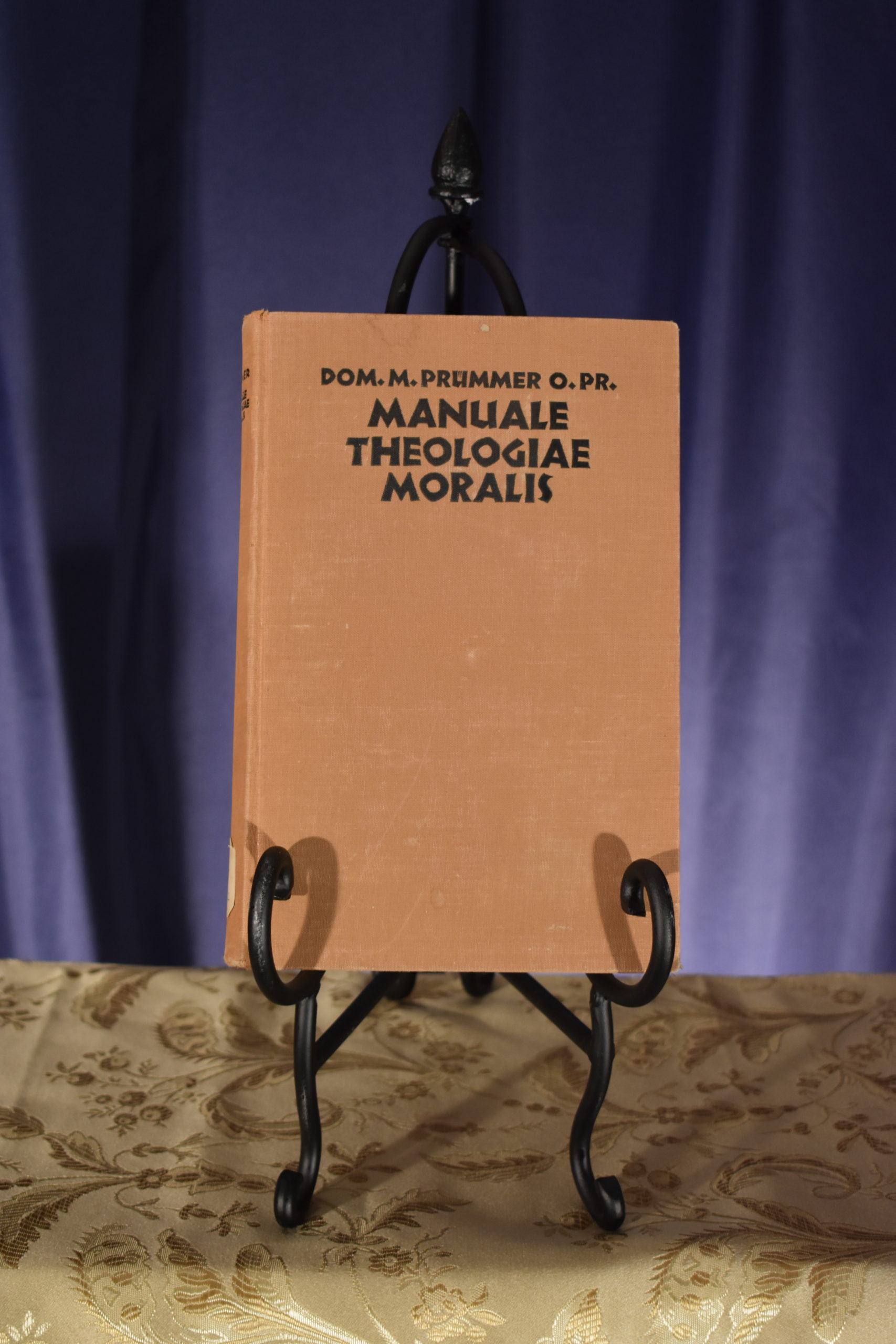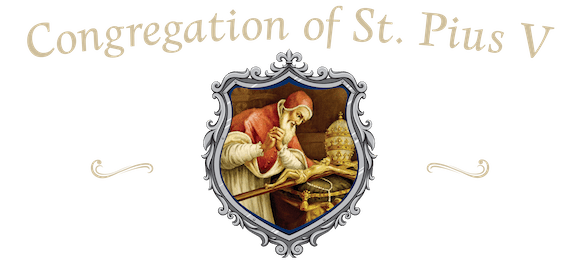Seminary Curriculum
Course of Studies
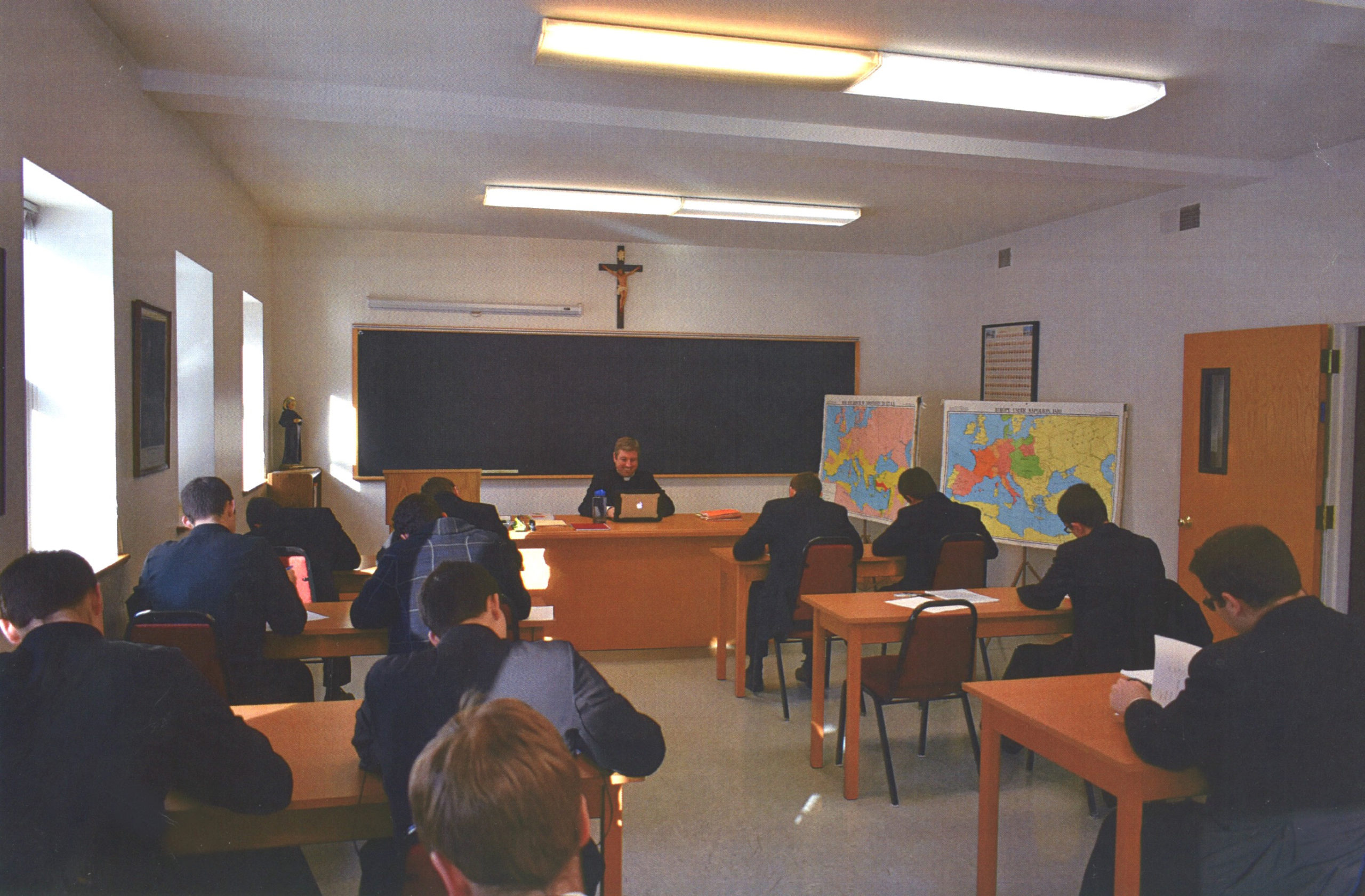
Composition
The seminarians pass through a six-year English program. During the first two years, they review grammar and punctuation, and they begin studying techniques for effective writing. These are continued in the next four years to ensure that they can express themselves clearly and concisely in their sermons, conferences, and bulletins.
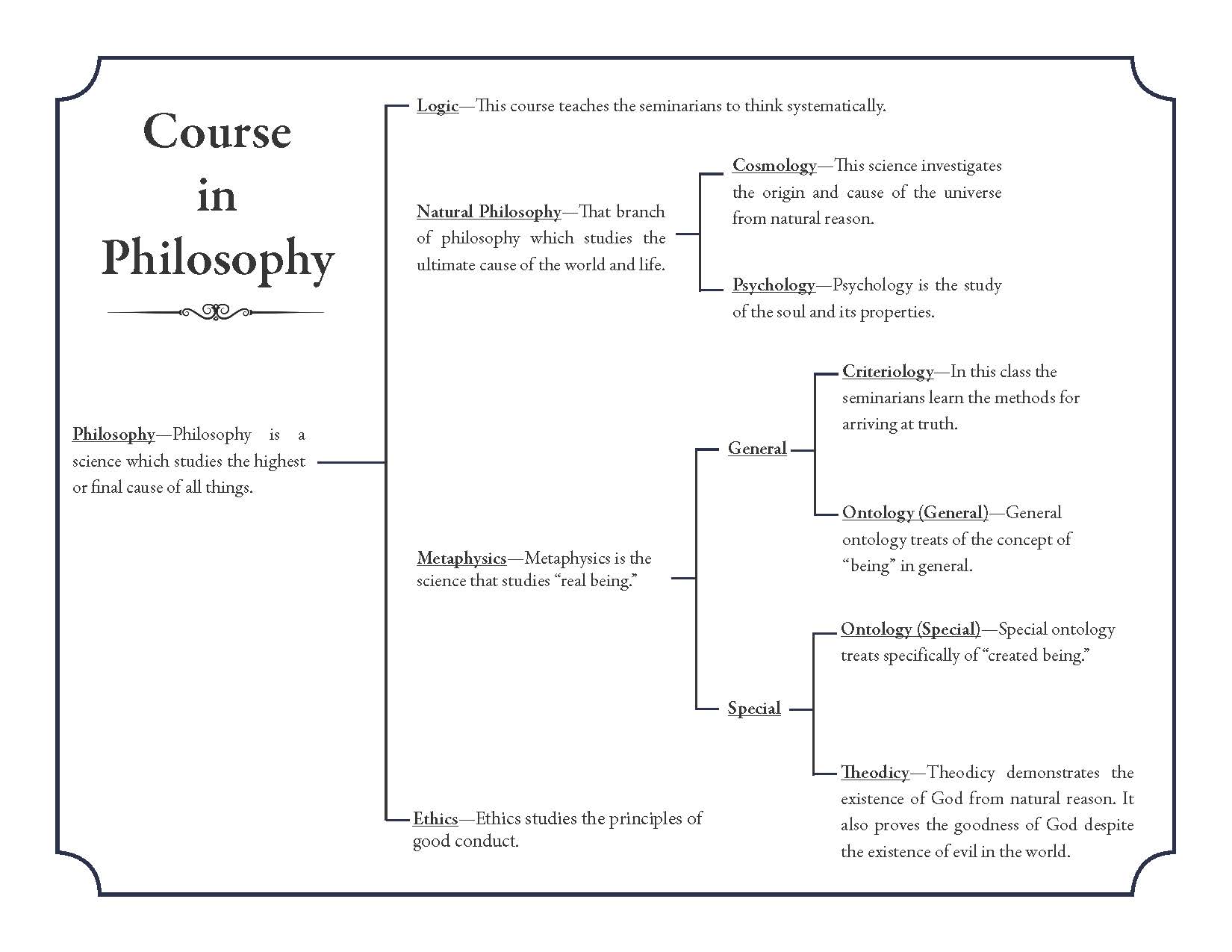
Philosophy is important for seminarains because it teaches them how to think logically. This science is divided into many branches such as logic criteriology, ethics, cosmology and metaphysics.
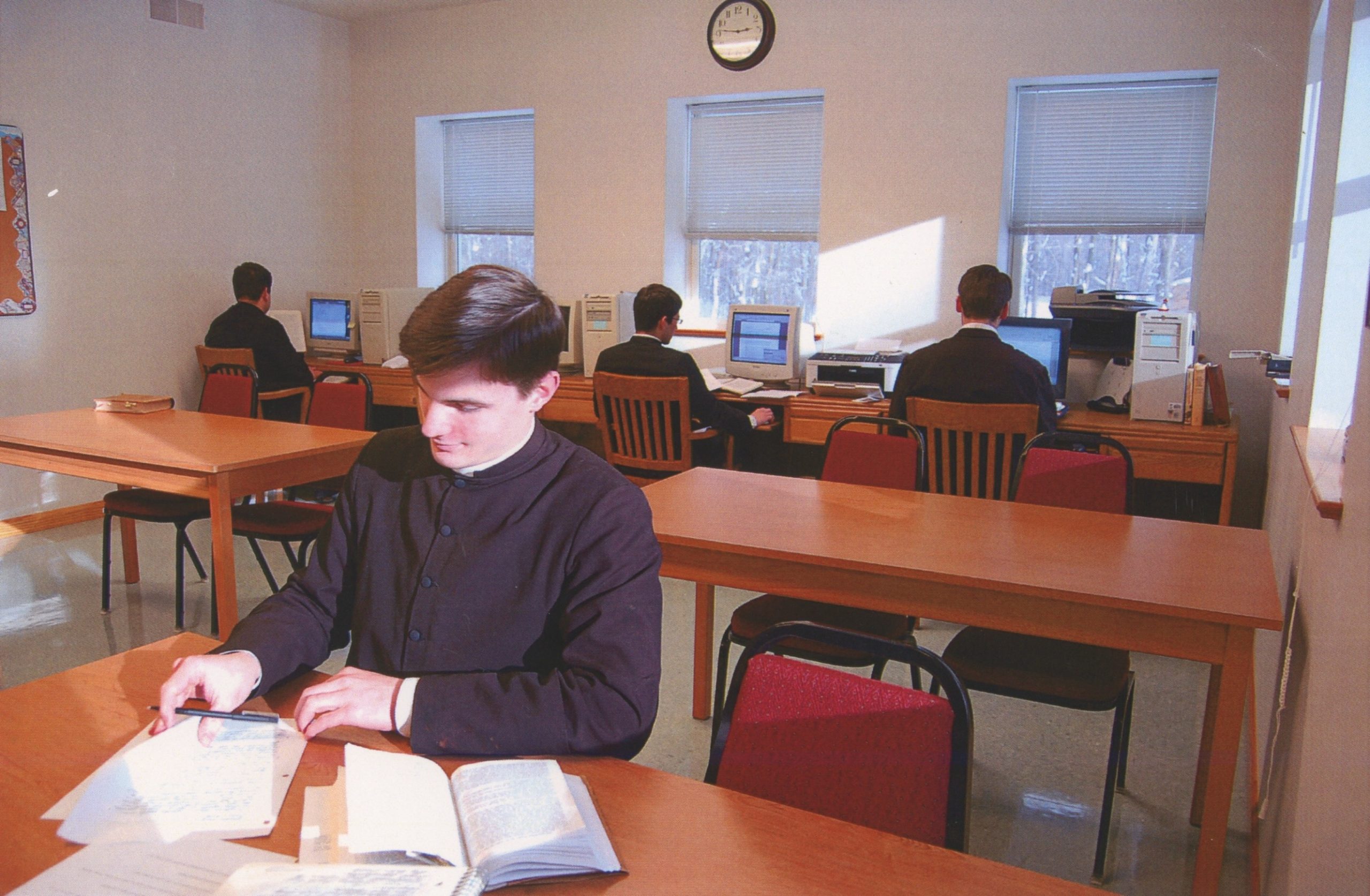
Patrology
Patrology is the study of the Church writers and Fathers of the Church. The seminarians learn about their lives and their most important writings.
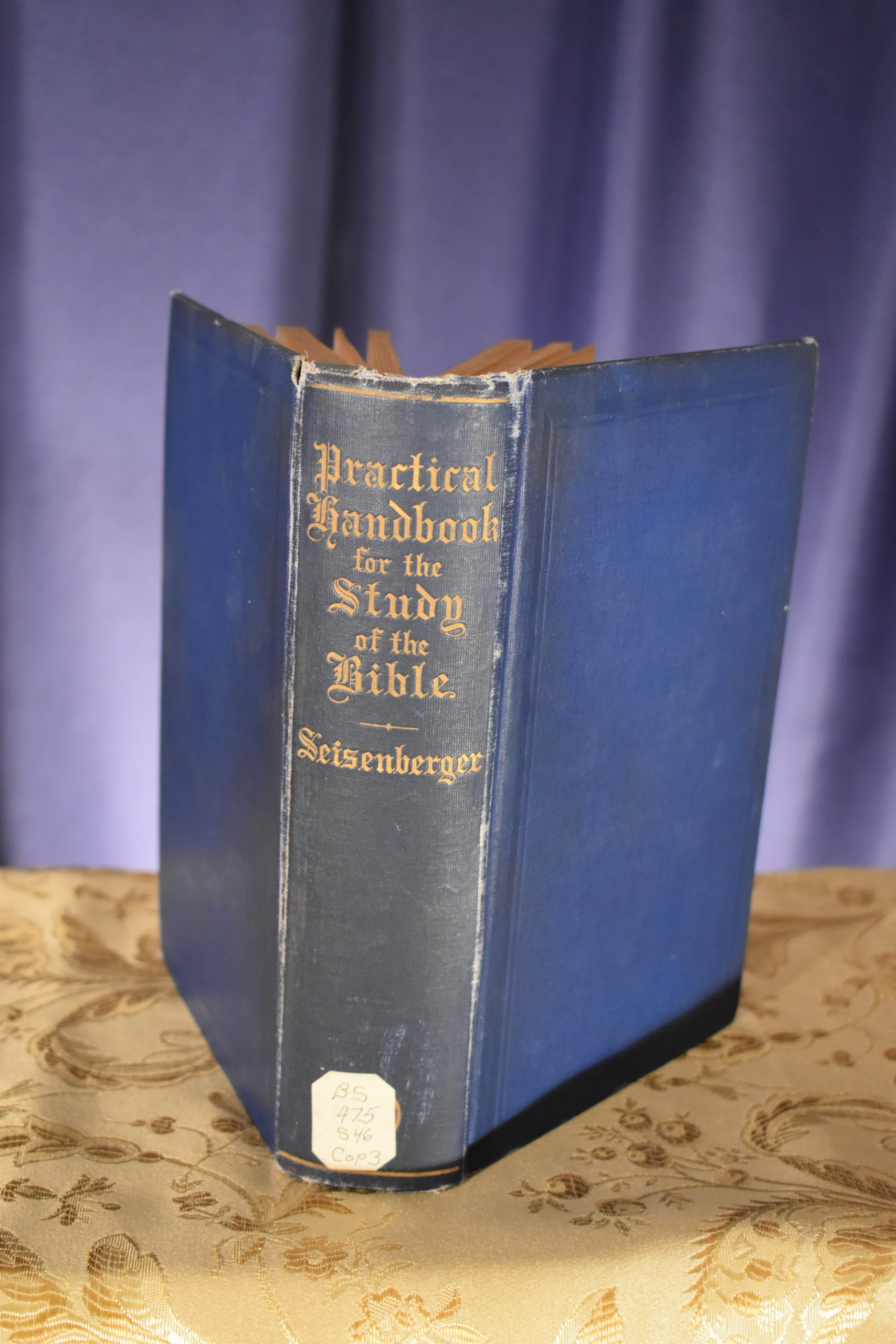
The course in Sacred Scripture covers four years. The seminarians study both the Old and New Testaments. They devote an entire year to studying the Epistles of St. Paul.
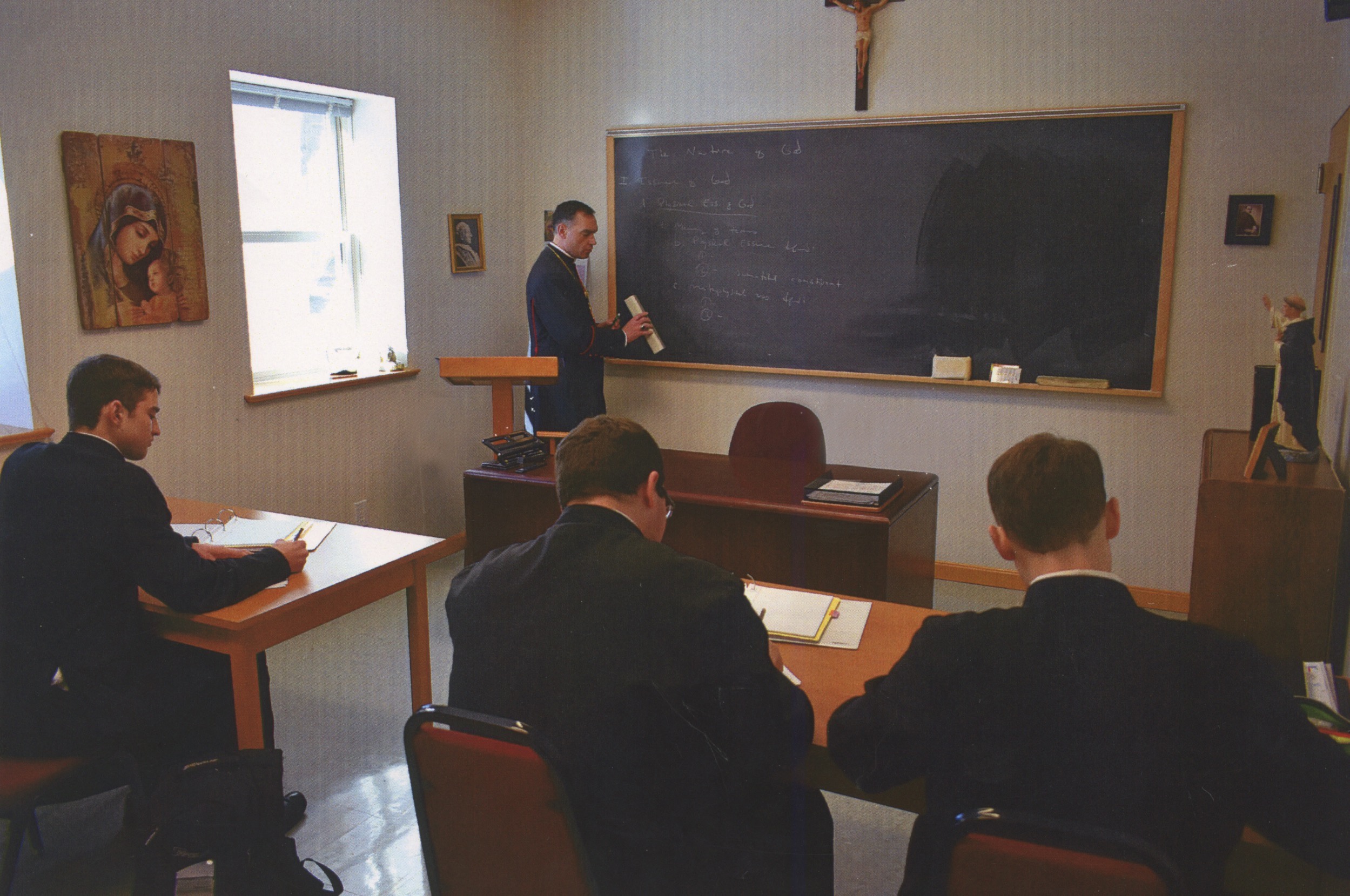
Theology is the study of God and creation as known by human reason guided by Divine Revelation. Like philosophy, it is divided into many branches such as dogmatic theology, moral theology, Sacred Scripture, and Canon Law.
Theological Studies
The novitiate and the study of philosophy prepare a seminarian for the study of theology. Without a basis in the practice of virtue and the mental prayer, which are inculcated in the years of novitiate, and without a firm understanding of the principles of philosophy, a student will lack an adequate foundation for the study of theology.
Having been prepared for its study, a seminarian begins theology in the fourth year of his training. He studies the truths of the Faith so that he can teach the faithful and defend the doctrines of the Church. He learns the principles of morality to assist him in hearing confessions and guiding souls. Theological studies also include the study of Sacred Scripture, the laws of the Church, Church history, and the writings of the Fathers of the Church.
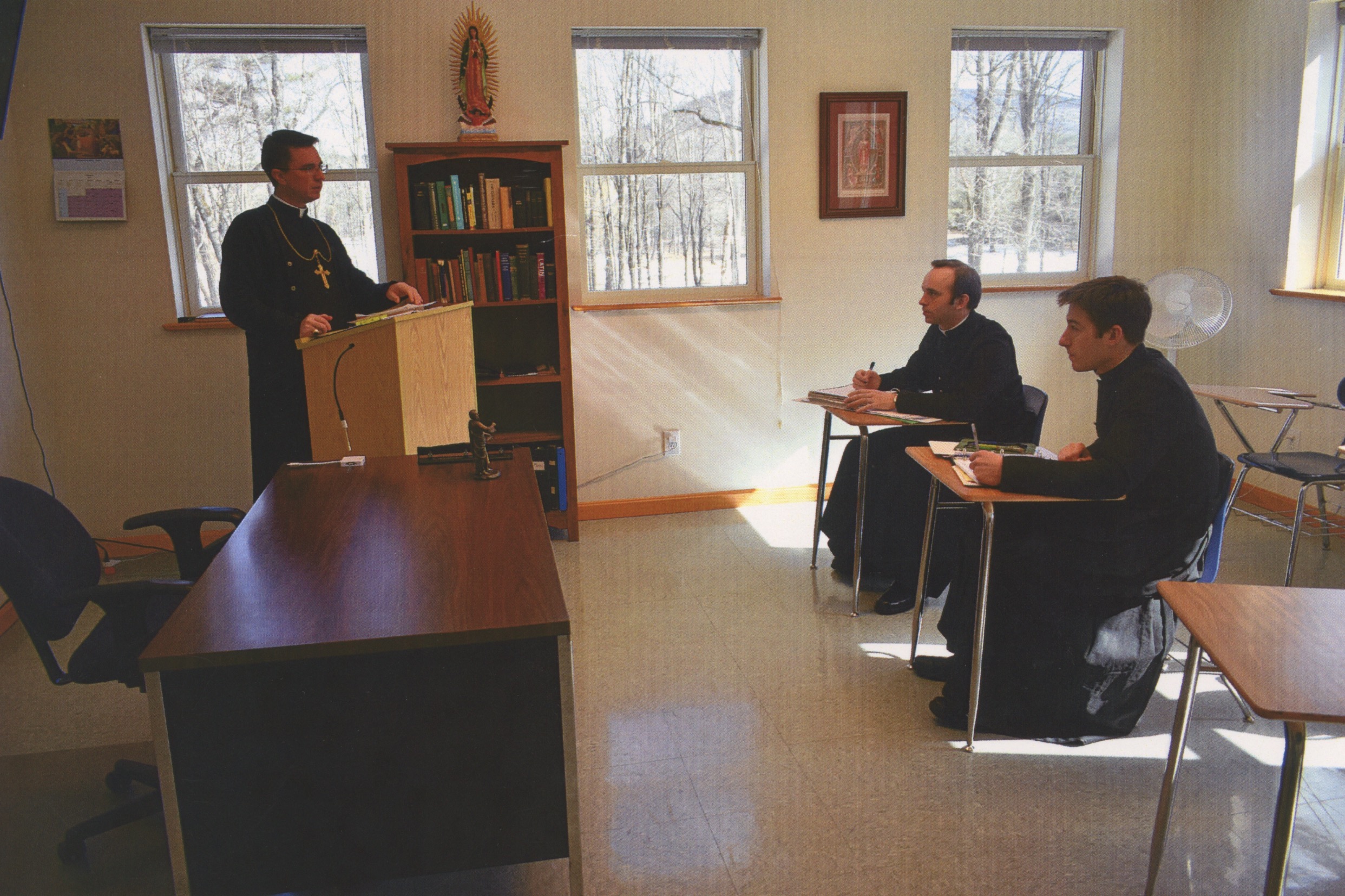
The seminarians devote many hours to learning how to prepare and deliver effective sermons.
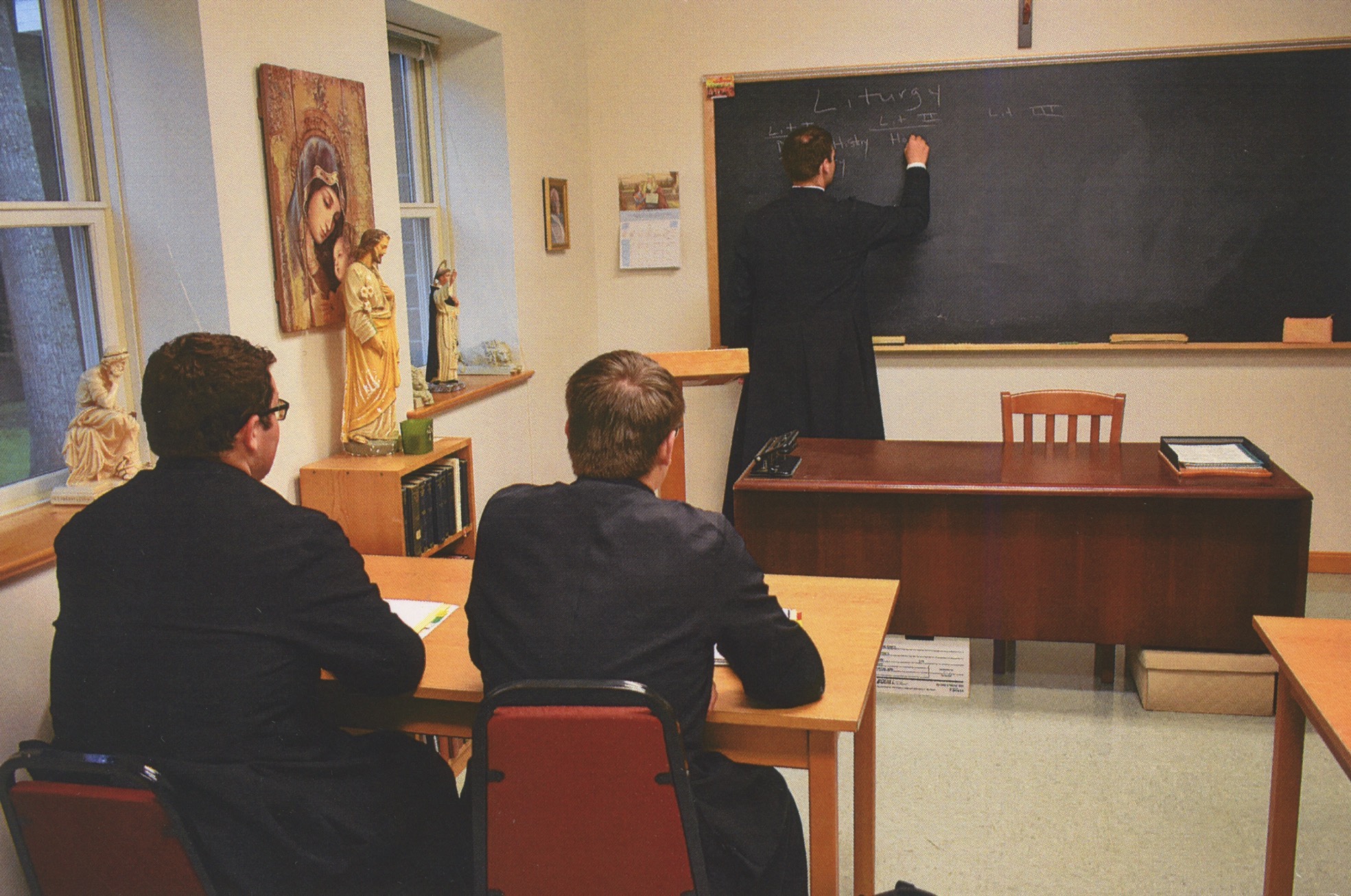
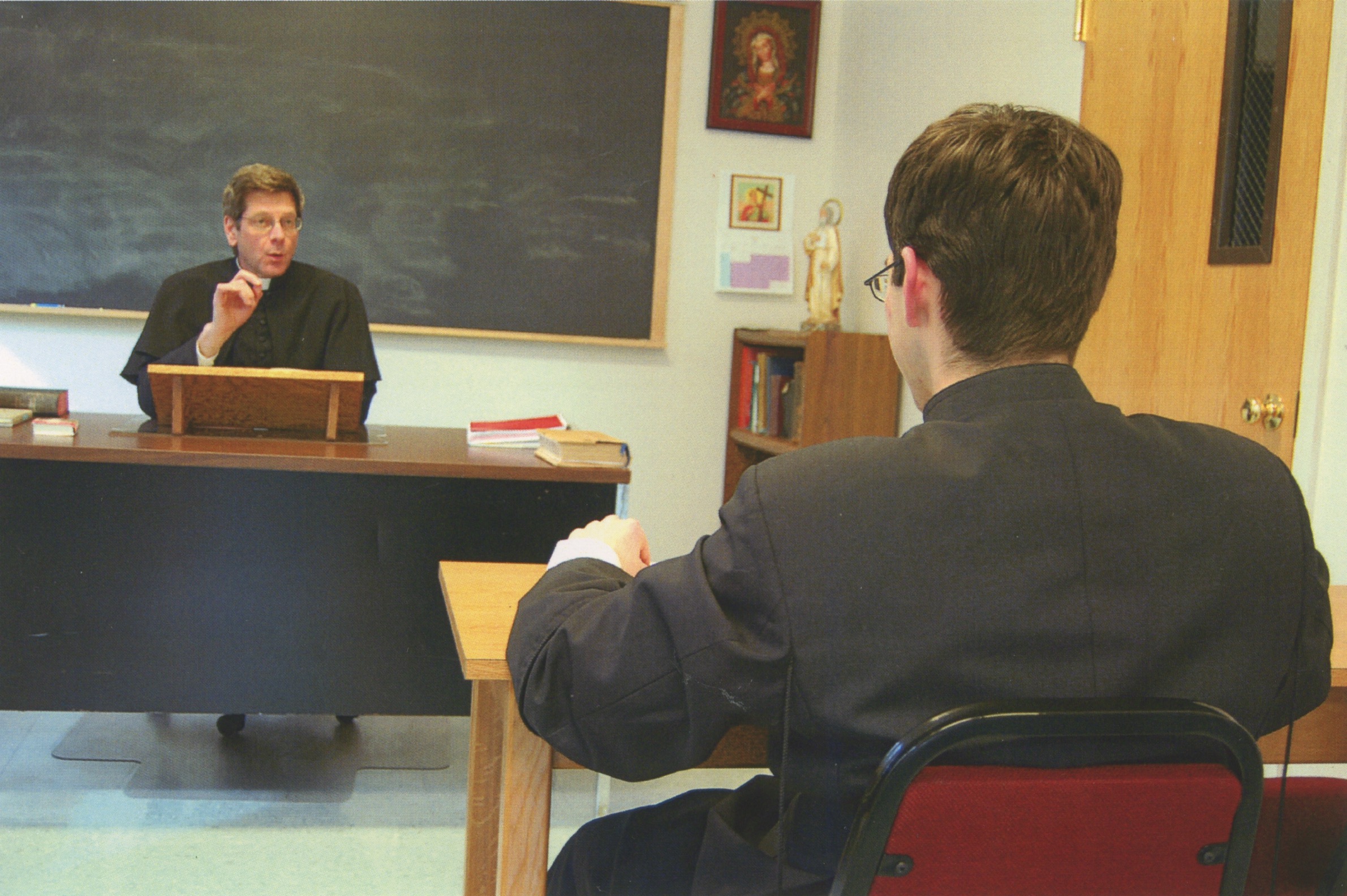
The seminarians learn the skills needed to hear confessions, administer the other Sacraments, and fulfill their other priestly duties.
Humanities
In their first year the seminarians take classes in the liberal arts.
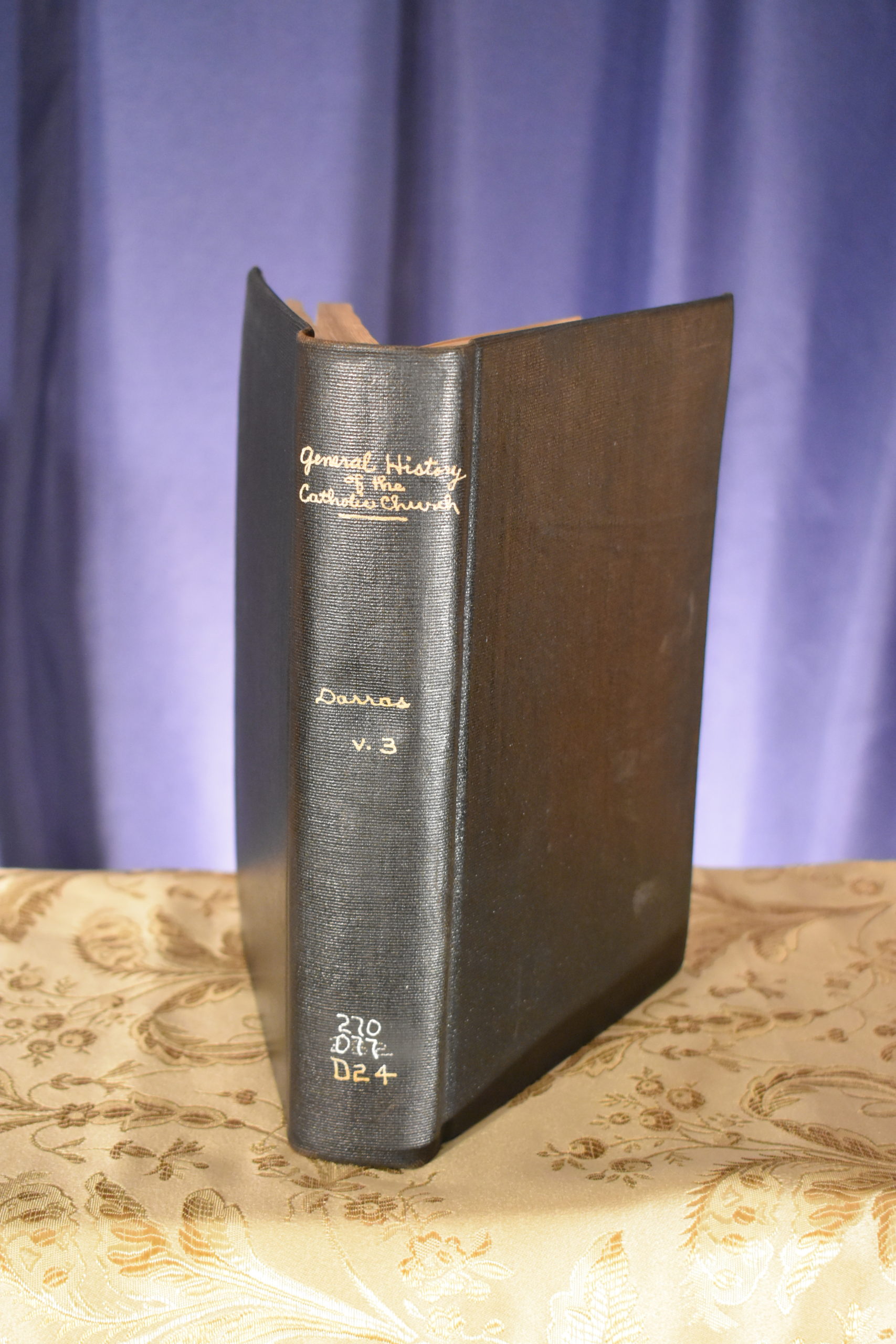
Church history is the study of the origin, growth, and spread of the Kingdom of God on earth. The study of Church history especially demonstrates that the Church is a Divine institution that will last until the end of time.
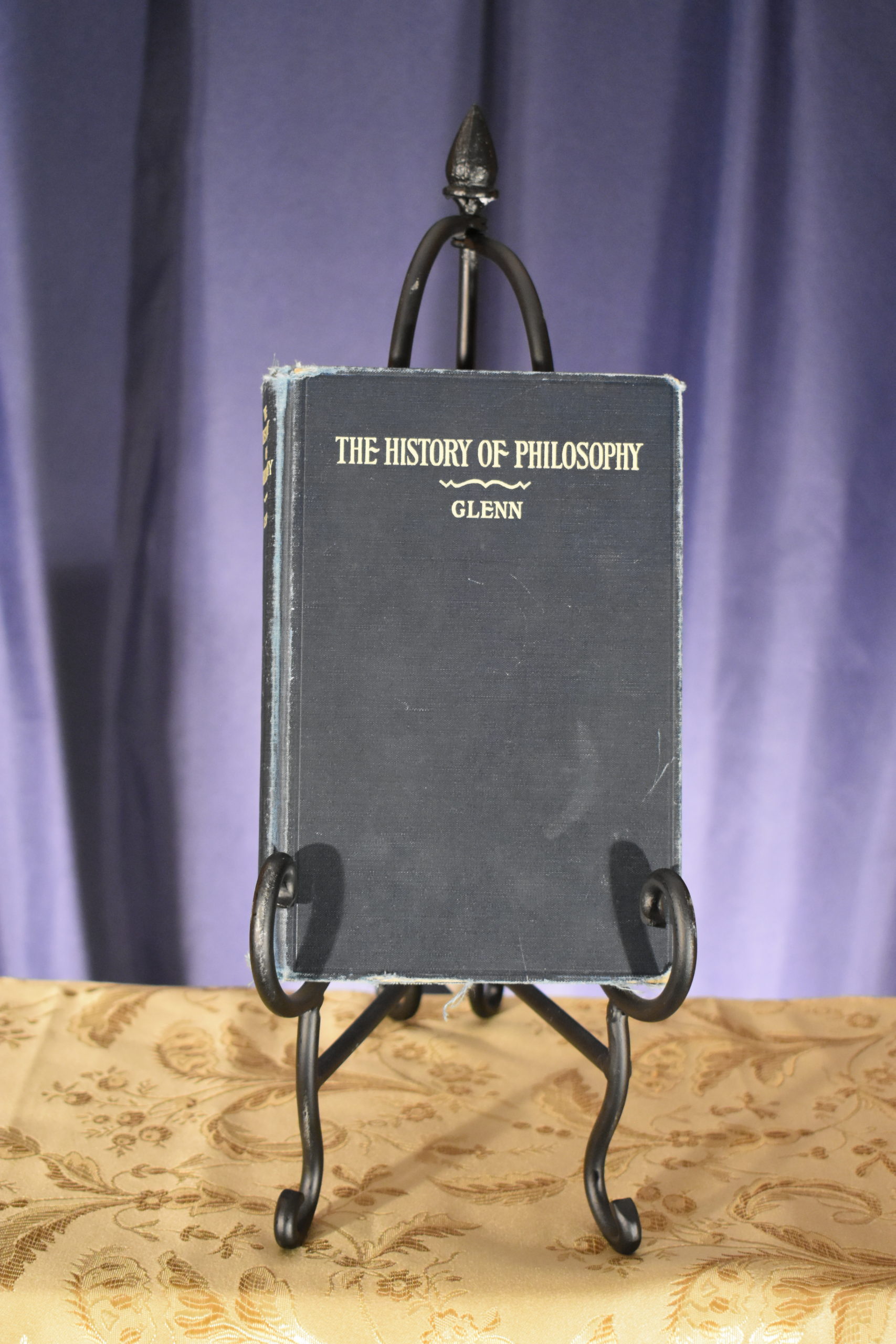
Philosophy is the study of God and His creation using human reason without Divine Revelation.
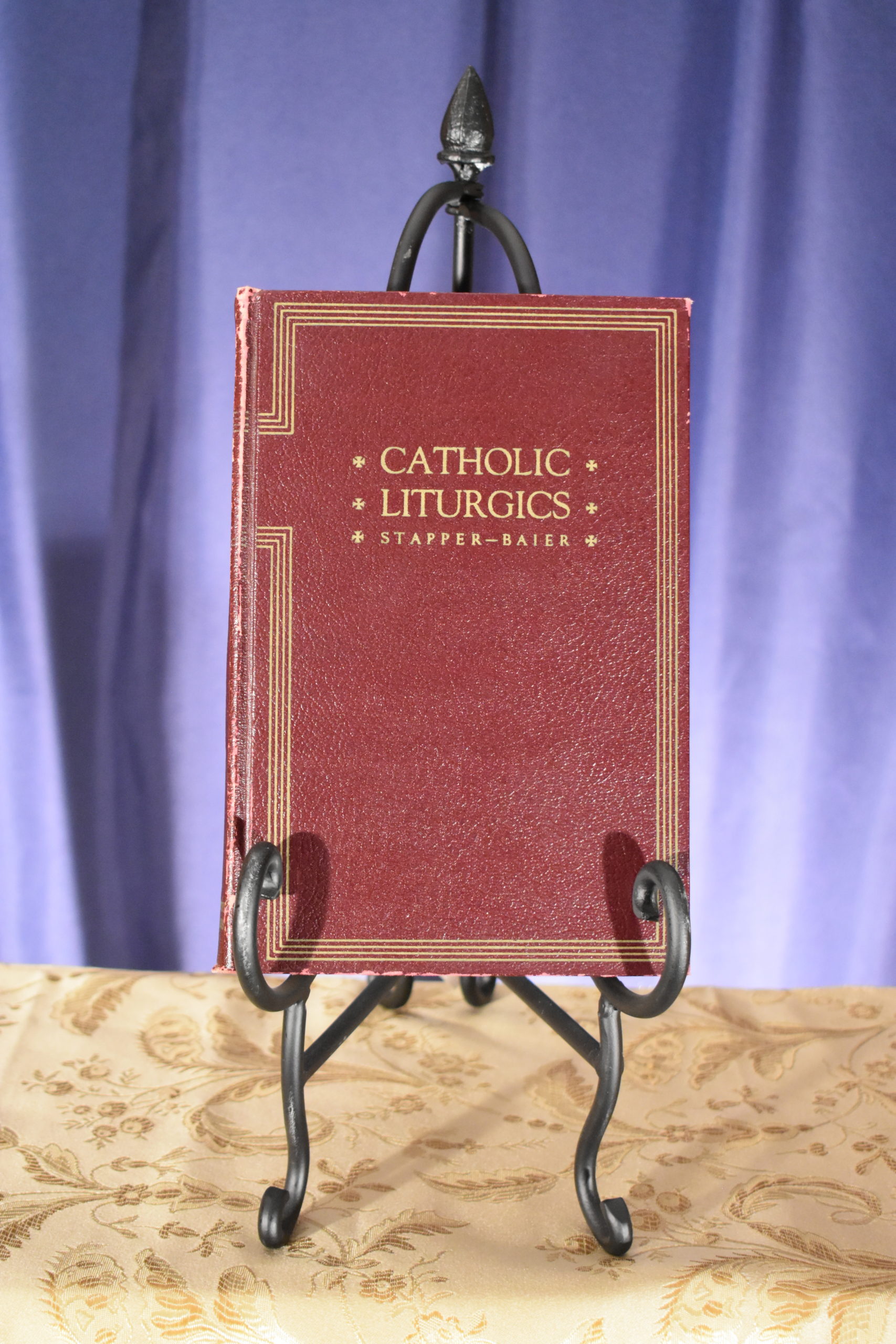
Under the guidance of an experienced priest, the seminarians learn the rubrics of the Mass during the year before ordination.
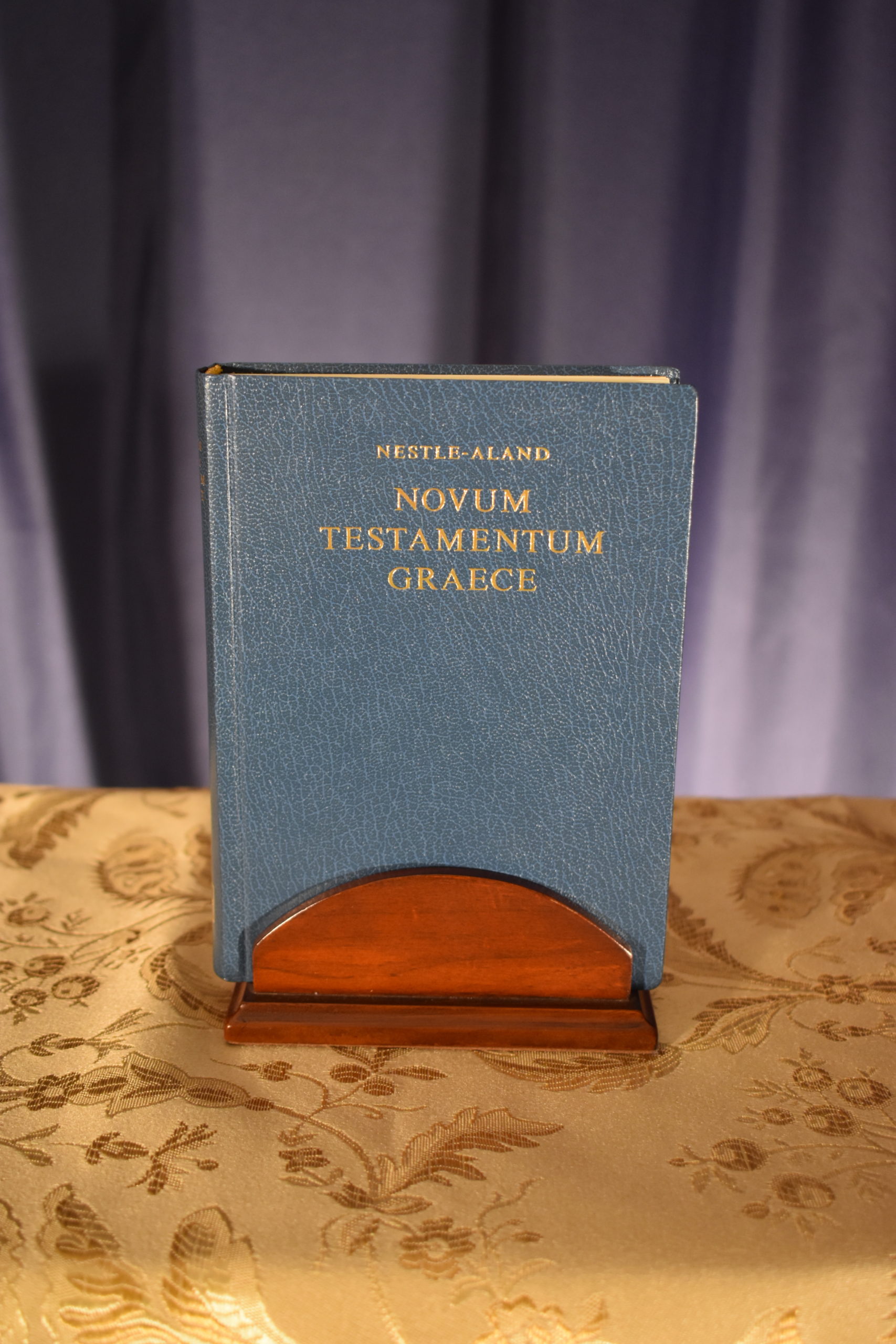
Studying Greek for two years, the seminarians learn how to translate the Greek New Testament, especially the passages useful for apologetics.
